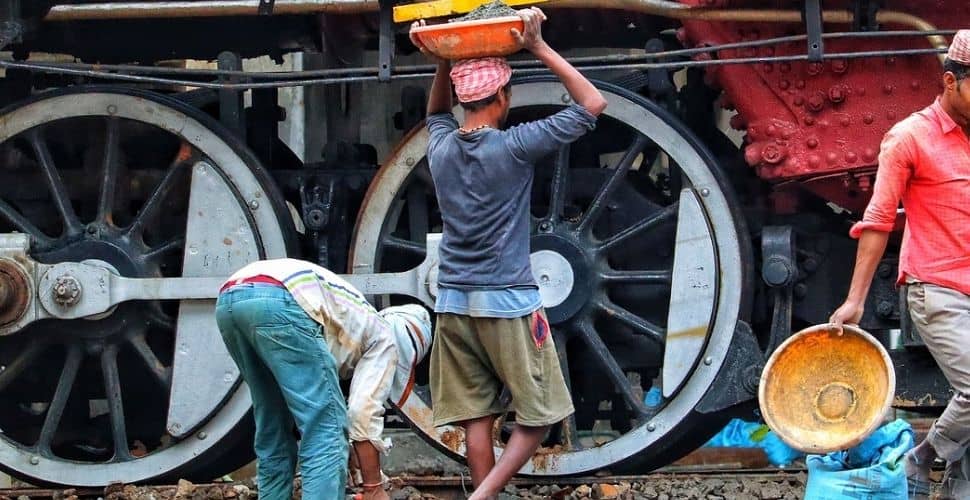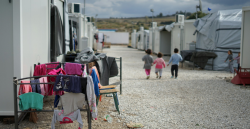“We are like the medieval serfs serving a king. Our role in life is understood to be servants of rich men who own vast lands but cannot cultivate it themselves,” says Raj Kumar Mahato.
Debt bondage under the ‘haruwa-charuwa’ system
Recently Mahato returned to Nepal after working in Saudi Arabia and has become a local activist fighting back against a system of forced labor called haruwa-charuwa. Haruwa is a term to describe a worker who ploughs land for others, while charuwa are the workers who herd cattle.
Under haruwa-charuwa landowners of privileged castes take advantage of poor residents by offering them loans at extremely high interest rates. Workers are then made to work for years, even generations, in a futile attempt to pay off the loans — a seemingly never-ending trap of debt bondage.
Al Jazeera reports:
According to a 2013 report on forced labour in Nepal’s agriculture sector, published by the International Labour Organisation (ILO), an overwhelming 95 percent of households employed in the haruwa-charuwa system are victims of forced labour.
Nepal’s Dalit community, the lowest group in the complex Hindu caste system, is the most exploited in the haruwa-charuwa system. Discriminated in every sphere of their lives, poor Dalits fall prey to debt traps laid by landlords belonging to the privileged castes.
The haruwa-charuwa labourers often toil from morning to dusk during the peak agricultural season, but receive minimum compensation for their work.
Escaping to the Gulf
Technically, Nepal’s Bonded Labour (Prohibition) Act of 2002 states, “no one shall keep or employ anyone as a bonded labourer.” Yet this has failed to stop debt bondage and forced labor in rural Nepal, leading many poor villagers to seek employment as migrant workers in the Gulf.
Mahato sees the employment structure as fundamentally the same: “The pay was better, accommodation and meals were provided, but I still worked for a rich person at the end of the day. There is no one to listen to us and our problems, to be compassionate. Being a poor man will always be hard, be it in Nepal or Saudi Arabia.”
More of the same?
Moreover, migrating to the Gulf brings impoverished workers into unfair deals with recruitment agencies, many of which charge exorbitant fees that violate Nepal’s legal cap of 10,000 rupees ($82) on recruitment fees charged to workers. Again, with few assets and little cash, the very same workers exploited under haruwa-charuwa resort to asking the same rich landowners for loans to pay the illegal recruitment fees.
“Few oppose the haruwa-charuwa system. Who wants to speak up for poor people anyway? Nobody. Rich landowners have to change their mindset regarding slavery; we need to do better,” said Mahato,
“Forget politicians, they have no idea what it is to be a kind of slave. They come around during elections, chanting slogans, promising to eradicate the system, but once elected, they forget us. Will parliament members ever listen to our voices?”







Freedom United is interested in hearing from our community and welcomes relevant, informed comments, advice, and insights that advance the conversation around our campaigns and advocacy. We value inclusivity and respect within our community. To be approved, your comments should be civil.